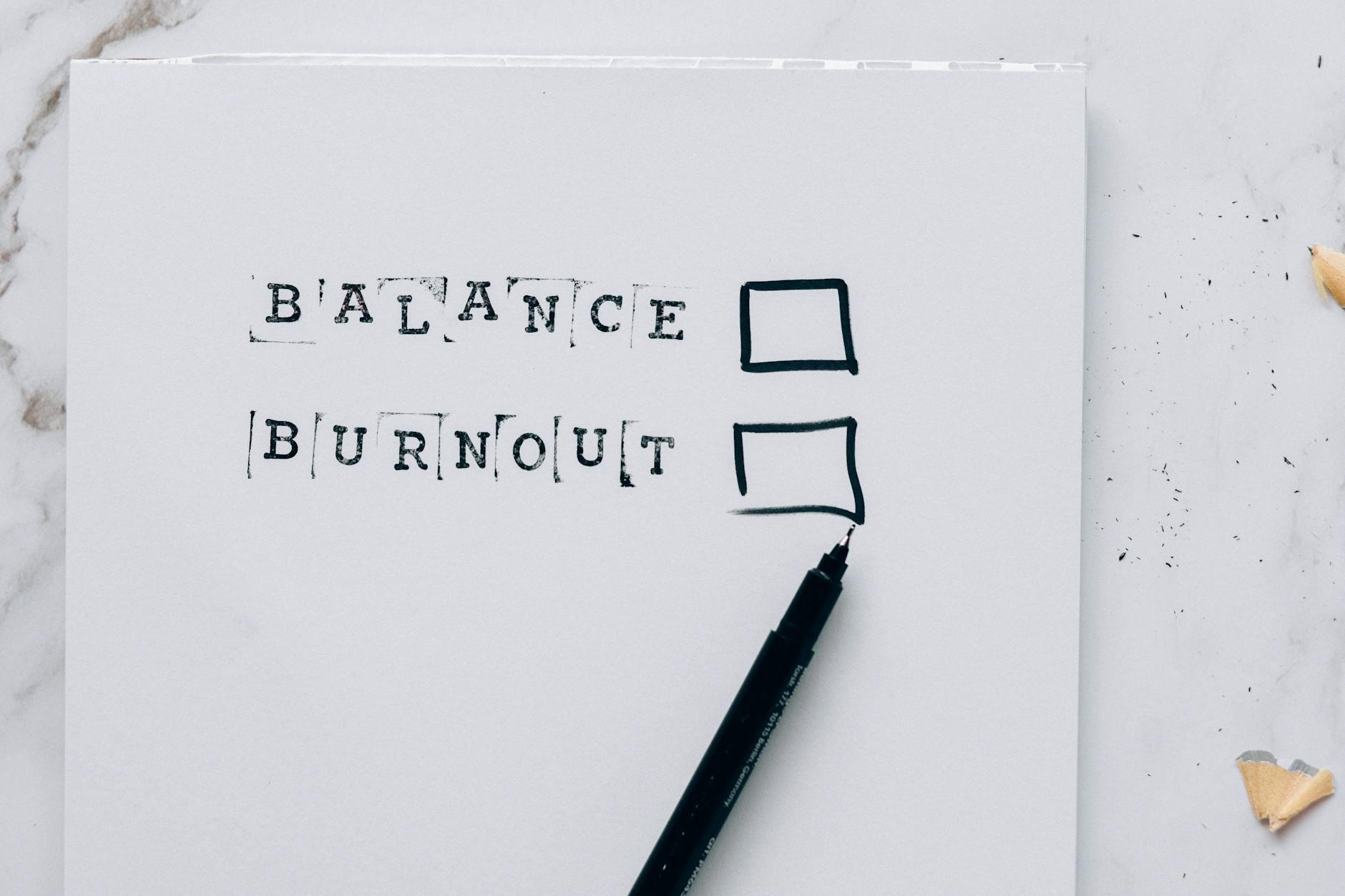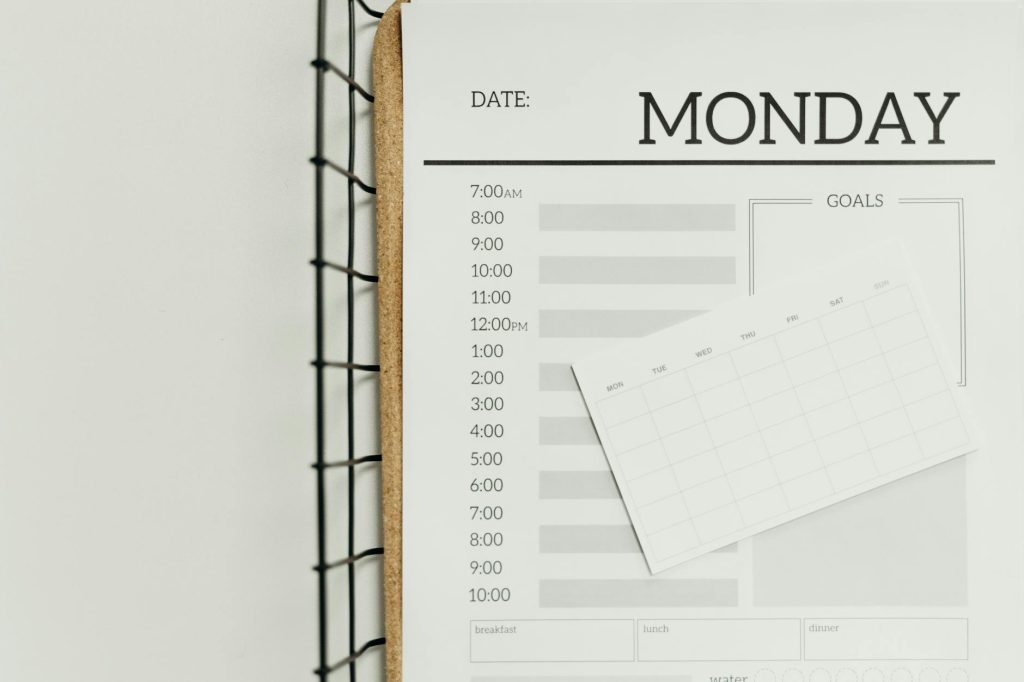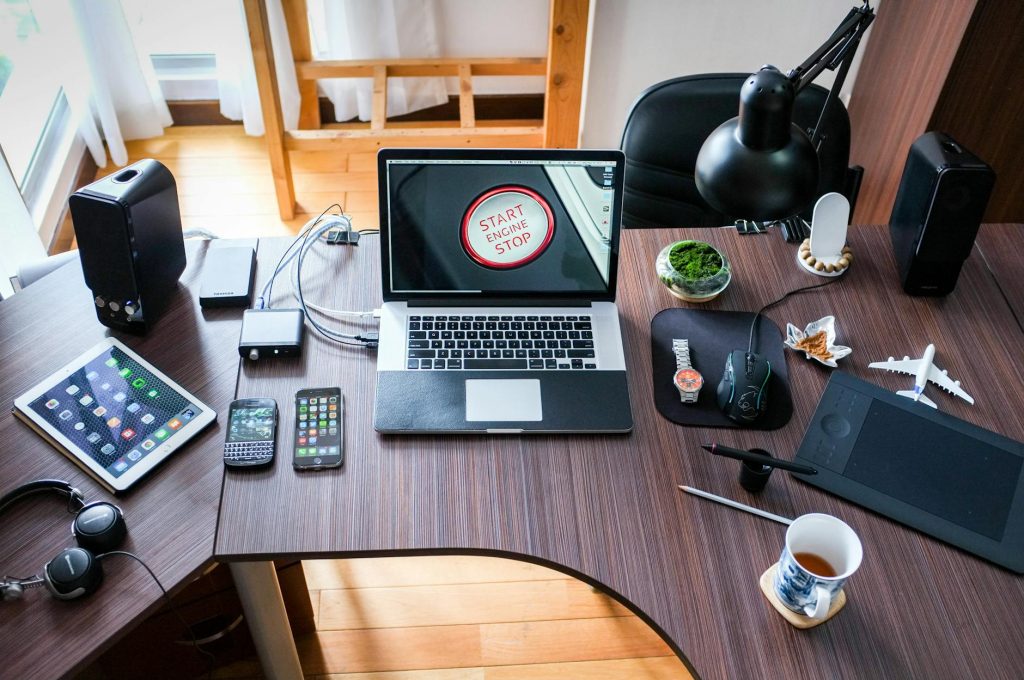
Steps for Crafting an Organised Lifestyle: Your Path to Balance and Clarity
Introduction
Living in an ever-evolving world can often feel overwhelming. Our lives are cluttered with endless to-do lists, personal obligations, work pressures, and distractions that pull us in every direction. Amidst the chaos, we long for a sense of order and calm. But how do we transform our disarray into a structured, fulfilling existence? The answer lies in crafting an organized lifestyle. This article will take you through clear, actionable steps to help you create a more organized life, leading to better focus, balance, and overall well-being.
1. Evaluate Your Current Lifestyle

Before you can create an organized lifestyle, it’s crucial to understand your starting point. Evaluate where your time goes, what consumes your energy, and where inefficiencies exist. Identify habits that contribute to disorganization and pinpoint areas where you can make immediate improvements. This assessment will serve as the foundation for building a clearer path forward.
2. Set Clear and Achievable Goals

No plan succeeds without direction. Setting clear, actionable goals will help you map out where you want to go. Break them down into short-term and long-term objectives. These goals can be personal, professional, or a combination of both, but they should always be specific and achievable. By giving yourself a target, you’ll be more motivated to work towards it and keep your life organized in the process.
3. Create a Daily Routine

A well-crafted routine is the cornerstone of an organized life. It structures your day, allowing you to focus on what matters most. Start by designating fixed times for essential activities such as waking up, working, exercising, and unwinding. Tailor your routine to suit your lifestyle and stick to it consistently. The predictability of a daily routine minimizes stress and keeps your productivity flowing smoothly.
4. Prioritize Tasks with a To-Do List

To-do lists are a simple yet powerful tool for managing daily tasks. Begin each day by listing out your priorities, and organize them based on importance and urgency. Tackle high-priority tasks first, allowing you to complete them when your energy levels are at their highest. A to-do list not only helps with task management but also provides a sense of accomplishment as you check items off.
5. Declutter Your Physical Space
Your environment plays a huge role in how organized your life feels. A cluttered space can lead to a cluttered mind. Make it a habit to declutter your home, office, or any area you spend time in. Organize your belongings, discard items you no longer need, and keep things in their designated places. A clean, organized space reduces stress and enhances focus.
6. Use Digital Tools for Organization

Technology can be your best friend when it comes to staying organized. Use digital tools such as calendar apps, reminder systems, and project management tools to stay on top of your commitments. Sync your appointments and deadlines, set reminders for important tasks, and manage your projects with apps designed to streamline your life. These tools help you stay organized, even when your schedule becomes chaotic.
7. Learn to Say No

Overcommitting is one of the fastest ways to derail an organized life. While it’s tempting to say yes to everything, learning to say no is essential. Prioritize your time and energy, and don’t be afraid to turn down tasks or commitments that do not align with your goals. This will free up space for the things that truly matter, allowing you to remain focused and in control.
8. Practice Mindfulness and Reflection

An organized lifestyle isn’t just about managing time; it’s also about maintaining mental clarity. Incorporate mindfulness practices such as meditation, deep breathing, or journaling into your daily routine. These practices allow you to reflect on your progress, reassess your goals, and keep your mind centered amidst the busyness of life. A calm, focused mind is key to staying organized.
9. Establish Boundaries
A major aspect of organizing your life is protecting your personal time and space. Establish boundaries that safeguard your energy from unnecessary distractions. Whether it’s setting work-life balance limits or creating personal boundaries in relationships, knowing when to step away is crucial. Boundaries ensure that your time is spent in alignment with your priorities, helping you maintain an organized lifestyle.
10. Embrace Flexibility
While structure is important, flexibility is equally vital. Life is unpredictable, and your organized routine will face disruptions. Rather than rigidly adhering to your plans, learn to adapt and adjust as necessary. Embracing flexibility allows you to stay resilient in the face of unexpected challenges, ensuring that a minor disruption doesn’t throw your entire system off balance.
Conclusion
Crafting an organized lifestyle requires intentional effort, but the rewards are well worth it. From evaluating your current habits to setting achievable goals and maintaining a structured routine, these steps will lead you toward a more balanced, fulfilled existence. By decluttering your environment, using helpful digital tools, and learning to prioritize your time, you’ll find that living an organized life isn’t just about doing more—it’s about doing what truly matters.
Frequently Asked Questions (FAQs)
Q1: How long does it take to establish an organized lifestyle?
Establishing an organized lifestyle varies from person to person. It can take anywhere from a few weeks to several months to solidify new habits. Consistency is key, so be patient with yourself as you make adjustments.
Q2: Can an organized lifestyle reduce stress?
Yes, living an organized life can significantly reduce stress by providing structure and clarity. When you know what to expect and how to manage your time, you’ll feel more in control and less overwhelmed by daily tasks.
Q3: What are the best digital tools for organization?
Some popular digital tools for staying organized include Google Calendar, Microsoft To-Do, Trello, and Evernote. These apps help you manage tasks, appointments, and projects efficiently.
Q4: How can I stay organized when life gets busy?
During hectic times, it’s essential to focus on prioritization. Stick to your core routines, use a to-do list to manage urgent tasks, and allow yourself some flexibility to adapt to changes. Remember, staying organized doesn’t mean being perfect.
Q5: What should I do if I feel overwhelmed by organizing my life?
Start small. Focus on one area of your life—whether it’s your schedule, workspace, or mental habits—and gradually expand. Breaking the process into manageable steps can prevent feelings of overwhelm.
Q6: Can an organized lifestyle improve my mental health?
Yes, living an organized life can improve mental health by reducing anxiety, enhancing focus, and creating a sense of accomplishment. A clear routine and orderly environment often lead to a calmer, more centered mind.
Q7: Is it okay to adjust my routine if something isn’t working?
Absolutely! Routines should serve you, not constrain you. If something in your routine isn’t working, don’t hesitate to modify it to better suit your lifestyle.
Disclaimer:
The content provided in this article is for informational purposes only and should not be taken as professional advice. Readers are encouraged to do their own research and consult with professionals before making any lifestyle changes or taking any actions based on the information provided.
Discover more from hsnrev.com
Subscribe to get the latest posts sent to your email.




